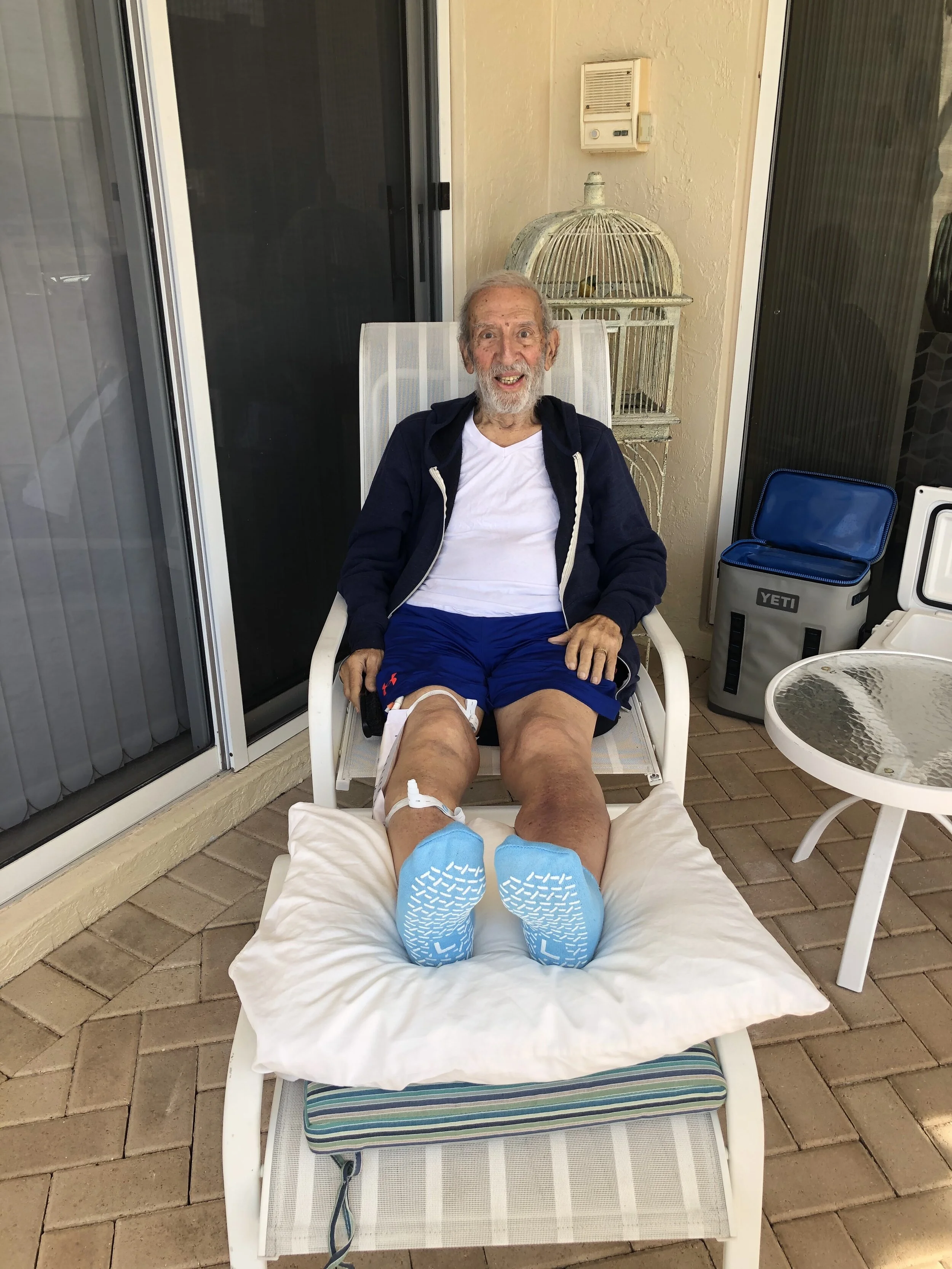Cultivating Compassion
/Our human compassion binds us the one to the other — not in pity or patronizingly, but as human beings who have learnt how to turn our common suffering into hope for the future.
— Nelson Mandela
Compassion, the commitment to strive to alleviate the suffering of others, is a fundamental component of effective healthcare.
This may appear to be obvious, but our physician training programs do not often prioritize the study and integration of compassionate medical care. In addition, in many cases, our hospital and office settings do not foster compassion.
The Center for Medical Humanities, Compassionate Care and Bioethics at the Stony Brook School of Medicine reports: "the diminishment of compassionate care constitutes a crisis."
Physicians who practice compassionate care sense when a patient needs a brief moment to compose him/herself, when nervousness makes it difficult to describe relevant symptoms clearly, and when a patient is reluctant to discuss a fear or reveal an embarrassing condition.
Such physicians understand that a patient under stress may desire acknowledgment of his or her concerns and assurance that he or she is being heard and taken seriously. This is particularly important when helping patients cope with an unfavorable prognosis, conditions that do not respond to treatment, recurring problems, or distressing lifestyle changes.
Thich Nhat Hanh, a Vietnamese Zen Buddhist monk, teacher, author and peace activist teaches:
“Compassion is a verb."
Compassionate exchanges between physicians and patients take time, time for patients to unwind and express themselves and time for physicians to actively participate. Transforming our offices from thoroughfares designed for the speedy movement of patients to spaces that provide ample time and opportunity for compassionate exchange is essential.
Compassionate healthcare also takes courage.
Actively listening as a young man with a disabling injury shares the pain of being unable to dress himself requires strength. Staying present and engaged when a mother of a young child with cancer learns that the treatment options are limited demands fortitude.
While integrating compassion into our healthcare system requires an active commitment and substantial restructuring, the benefits are impressive.
Stanford Medical School’s Center for Compassion and Altruism Research and Education has conducted rigorous research on the benefits of compassion and has shown that compassion leads to improved physical and mental health. The health benefits have been confirmed by respected research centers around the world.
Patients who are treated compassionately have higher levels of well-being and improved immune function, experience less stress, recover more quickly from disease and are often more willing to develop and follow treatment programs. Studies show that even longevity may be improved.
The benefits of compassion extend to those who practice compassion. Scientific studies show that practicing compassion leads to stronger immune, cardiac and nervous systems and reduced negative responses to stress.
Physicians who practice compassion have the opportunity to improve their own health, experience less depression and burnout and make earlier and more accurate diagnoses.
Importantly, studies reveal that compassion can be cultivated by developing specific skills. In response to this understanding, programs focused on enhancing compassion are being developed and promoted at major universities worldwide.
Additional research suggests that compassion is our most basic instinct for survival. Darwin wrote that "those communities, which included the greatest number of the most sympathetic members, would flourish best, and rear the greatest number of offspring."
Rather than survival of the fittest, some researchers studying Darwin's work, including Dacher Keltner, Ph.D, a UC Berkeley Psychology Professor, propose that “survival of the kindest” has lead to the survival of our species.
A few years ago, an active, independent middle-aged man was diagnosed with a progressive lung disease. His breathing deteriorated over the span of a year, and he was soon unable to walk across the room without oxygen.
When he came to my office, compassion provided the landscape for our conversations. It assured that he left the visit feeling heard, often with a smile on his face, knowing that I would always make time for him. We both learned that when compassion is practiced, decreasing suffering, even in the face of a progressive disease, is possible.








